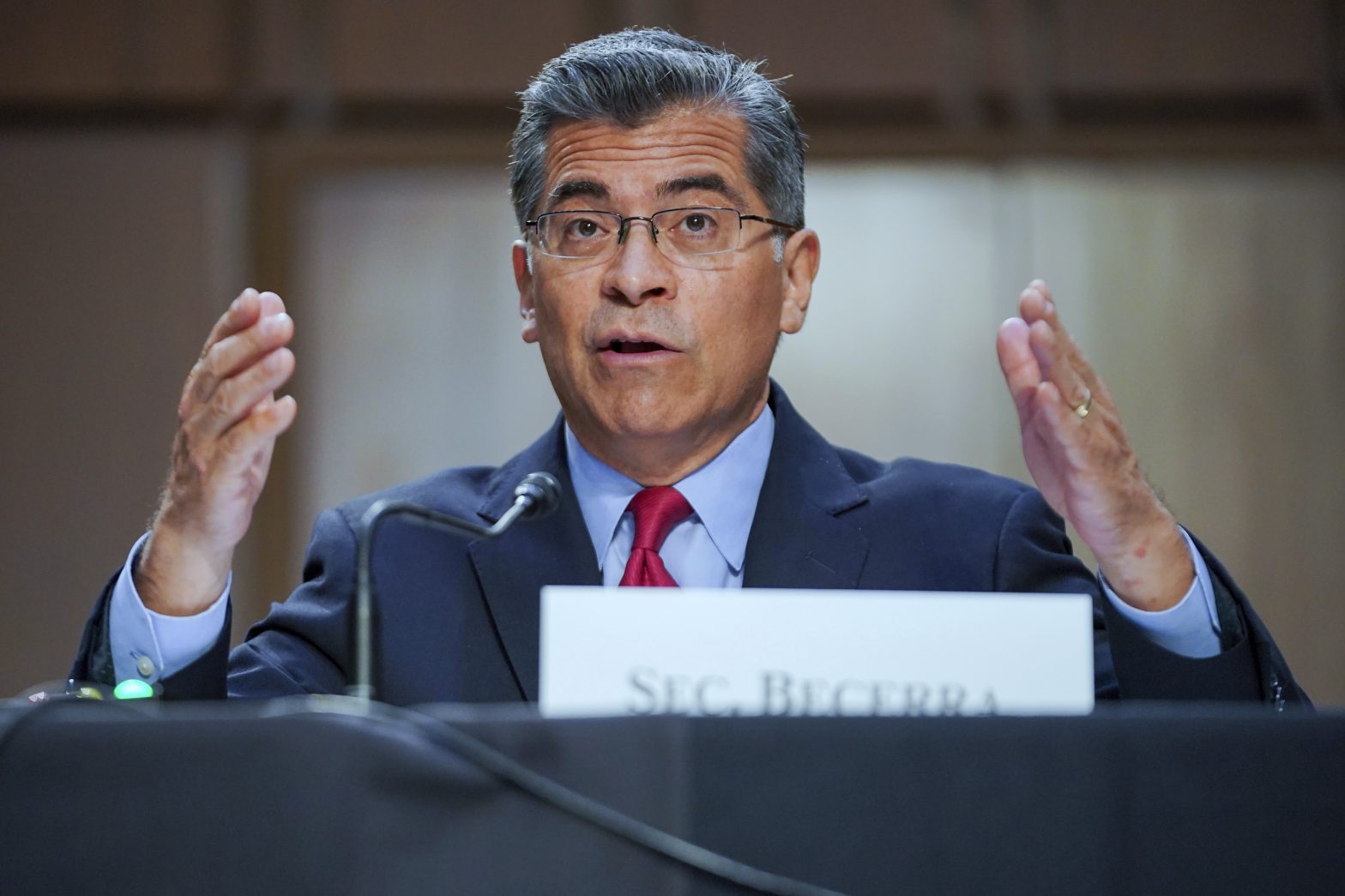CMS Decision Risks Future Disease Cures
COMMENTARY

My small biopharma company is developing a drug to treat a rare, fatal and presently incurable disease that afflicts one in 70,000 children.
We are working around-the-clock to test our medicine and get it approved by the Food and Drug Administration. But our job just got much harder because of an unprecedented action by another government agency — the Centers for Medicare and Medicaid Services.
In January, CMS decided to effectively exclude an entire class of new Alzheimer’s drugs from Medicare coverage, even though the FDA had recently approved the first medicine in that class under its Accelerated Approval Program to allow for earlier approval of drugs that treat serious conditions.
While this may sound like some obscure regulatory fight between two bureaucratic agencies, it will have disastrous real-life consequences for patients.
If biopharma firms can’t count on Medicare and Medicaid paying for drugs that FDA regulators have deemed safe and effective based on surrogate biomarkers likely to predict clinical benefit, those companies will struggle to raise funding for their research projects. Patients will lose out on lifesaving treatments.
SUBSCRIBE | sign up now for TWN’s health news email, Fare Well
Sanfilippo Syndrome type B is a cruel, devastating and fatal pediatric disease. Due to a gene mutation, a missing enzyme prevents a Sanfilippo child’s body from breaking down certain sugars, leading to mortal problems in the brain and nervous system.
Given the swift and unstoppable neurocognitive decline that ensues, it’s been dubbed “pediatric Alzheimer’s” in the media.
Children who have it can first show symptoms between the ages of 2 and 6. By the time these children are 8 years old, they have less cognitive ability than a 1-year-old child. They almost always die in their late teens or early twenties, leaving behind heartbroken parents who’ve watched their children’s awareness and cognition cruelly slip away while caring for them since birth.
There is, as of yet, no approved cure for Sanfilippo Syndrome, only palliative treatment.
But my company has developed an enzyme-replacement therapy that delivers the missing enzyme into the brain and cerebrospinal fluid that washes over cells of the central nervous system, removing the toxic sugar accumulation.
This technique works for brain tumors, leukemia and another form of juvenile dementia, called CLN2 disease. We believe that it also works for Sanfilippo Syndrome.
We have been coordinating with regulatory authorities and plan to file for FDA approval under its Accelerated Approval Program in 2023.
All of our expenditures go toward manufacturing, clinical studies and regulatory negotiations. If the FDA ultimately approves our drug, it could save the lives of thousands of children with Sanfilippo Syndrome worldwide.
But we’ve now been ambushed. CMS has — for the very first time in its history — refused to cover a drug for use in accordance with its FDA label.
The FDA has long set the gold standard for evaluating the safety and effectiveness of new treatments, and as a society we demand better and safer treatments. The FDA has used the Accelerated Approval Program to expedite exciting and lifesaving new cancer and rare disease treatments for use by our most vulnerable populations.
CMS simply does not have the scientific manpower, or the mandate, to second guess the experienced scientists and researchers at the FDA.
The decision by CMS to second-guess the FDA is not just controversial, it is quite possibly beyond its legal power and authority.
CMS has launched a form of regulatory mutiny and injected unnecessary bureaucratic uncertainty into an already arduous process This overreaching by CMS has the potential to dramatically stifle innovation in new treatments.
If CMS can impugn the FDA, then the ability of small biopharma companies to raise capital is jeopardized. Uncertainty in the most regulated industry in the United States curtails our ability to navigate the approval and coverage requirements, which could now shift at CMS’s whim.
As a West Point graduate and combat veteran, it’s not in my nature to retreat. I am adding my voice to the clamor of disagreement and dismay that the CMS decision has provoked.
CMS needs to reverse itself and respect the primacy of the FDA’s role as arbiter of the safety and effectiveness of new treatments. Without that, I fear for companies like mine. And I fear for those children with Sanfilippo Syndrome, and the beleaguered families who are desperate for a cure for this devastating disease.
Thomas P. Mathers is the co-founder of Allievex Corp. and serves as its president and CEO, and director. He is also a partner at Pappas Capital, a dedicated life science venture capital firm focused exclusively on investing in the life sciences sector, where Tom focuses primarily on company formation. You can find him on Twitter @tmathers76.
Editor’s note: This commentary was originally published on the Boston Herald.























